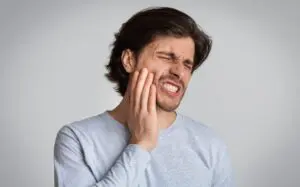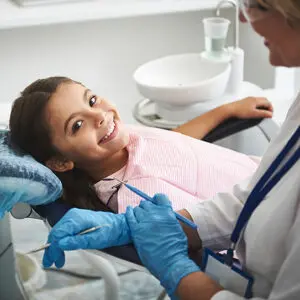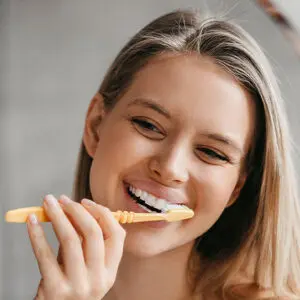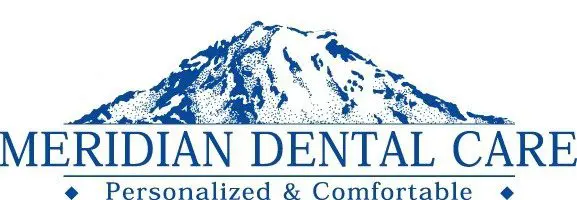
A Guide to Dental Emergencies From the Dentist Graham Trusts
Navigating Dental Emergencies Dental emergencies can strike without warning, turning an ordinary day into a painful and stressful situation. Whether it’s a sudden toothache, a
October 1, 2025

Why Do We Recommend Dental Sealants?
ONE OF THE MOST common questions we hear from parents is about dental sealants. Do they really…
September 25, 2025

Modern Dentistry Versus Old Dental Myths
DENTAL CARE HAS evolved dramatically over the past few decades, yet many people…
September 10, 2025

The Surprising Effects of Mouth-Breathing
BREATHING MAY FEEL automatic, but how you breathe can have a big impact on your health. While nasal…
August 27, 2025

Sugar Versus Teeth in Elizabethan England
WHEN SUGAR FIRST arrived in England, it was considered an exotic luxury…
August 13, 2025

A Parent’s Guide to Cavity Prevention
AS A PARENT, you want to do everything you can to help your child grow up healthy, and that includes…
July 23, 2025
